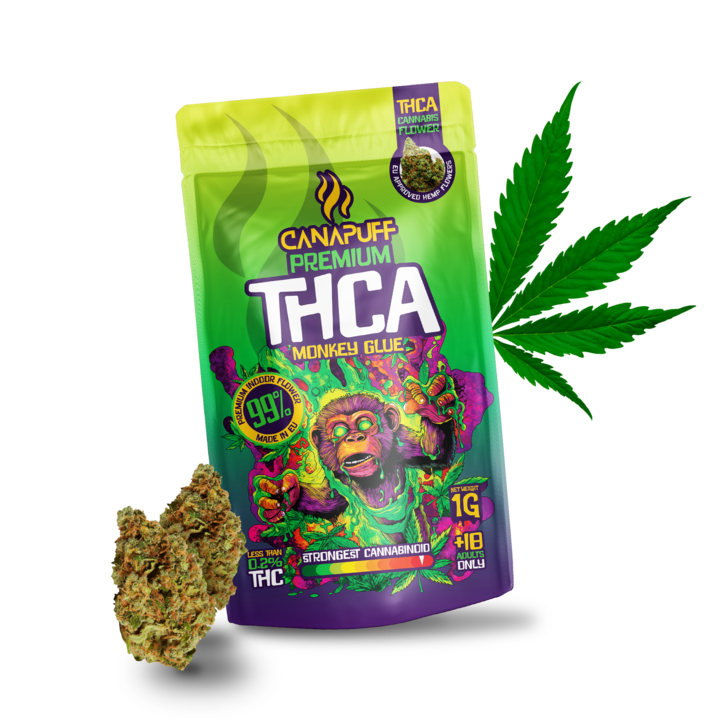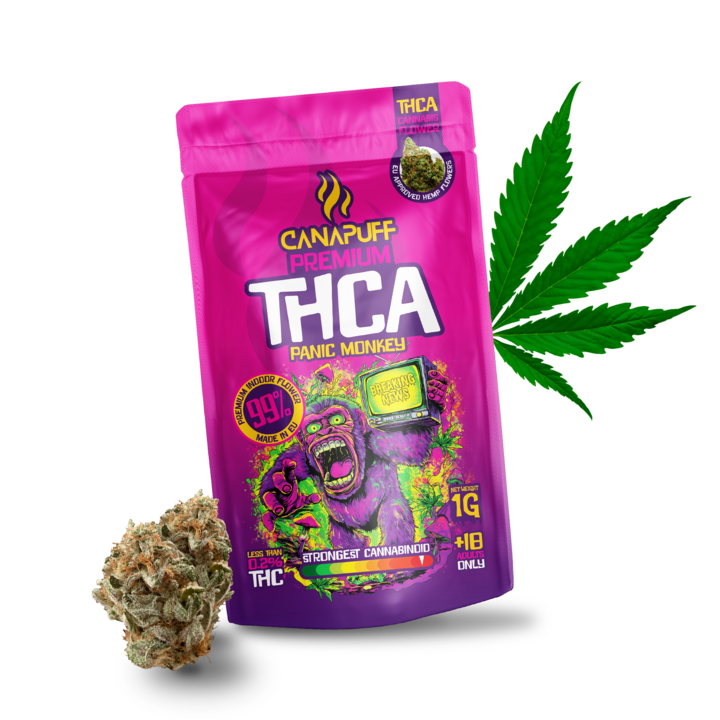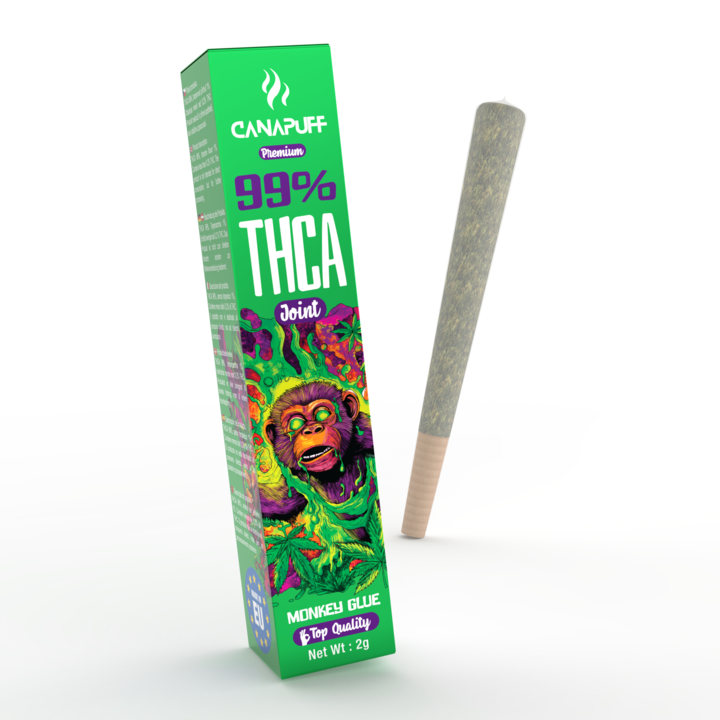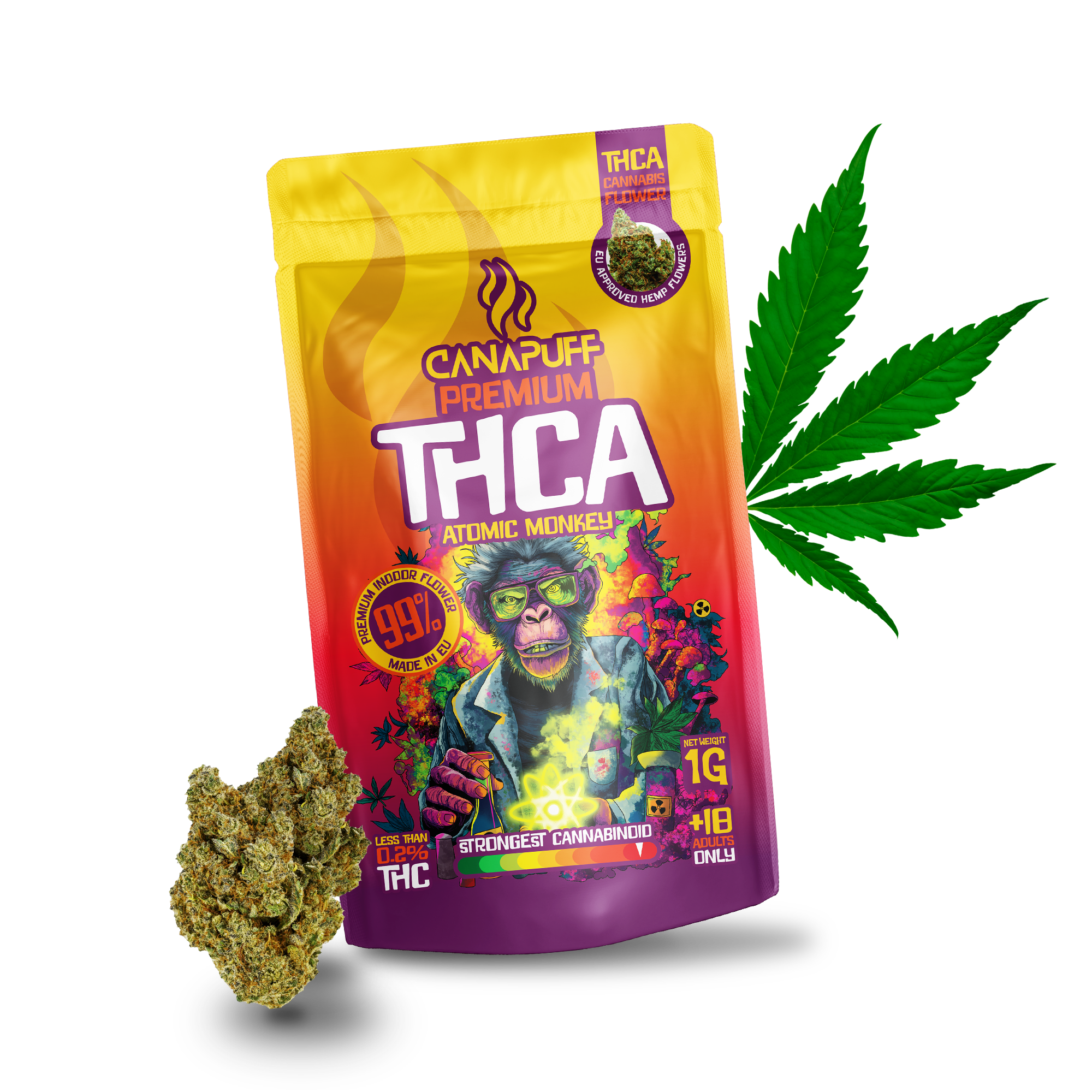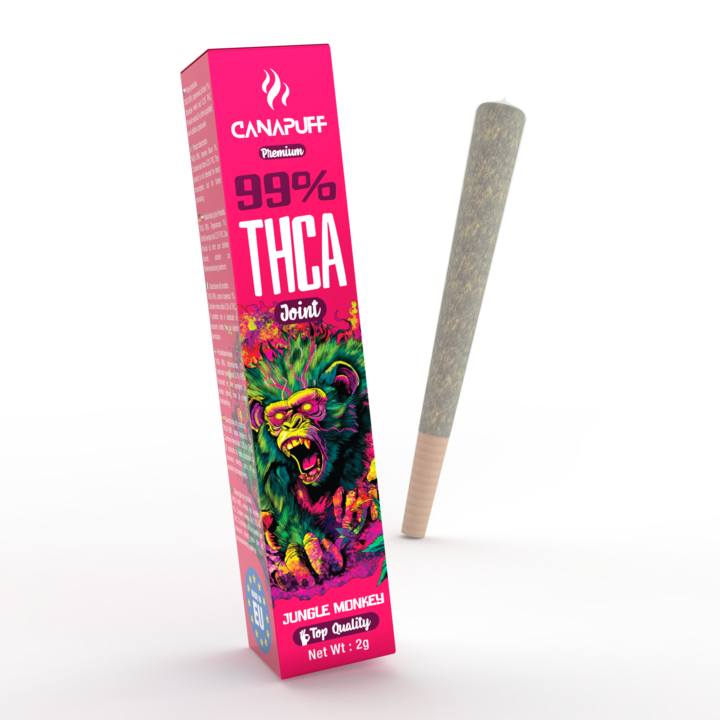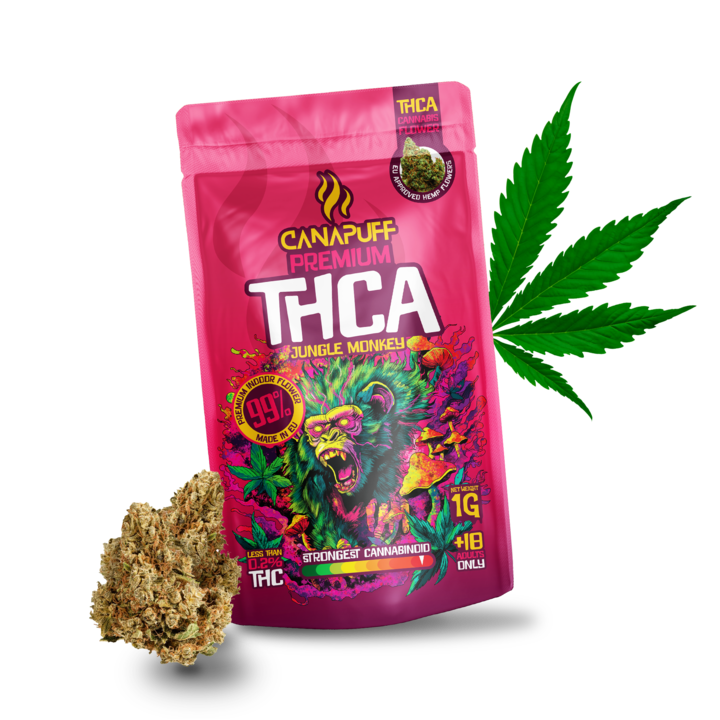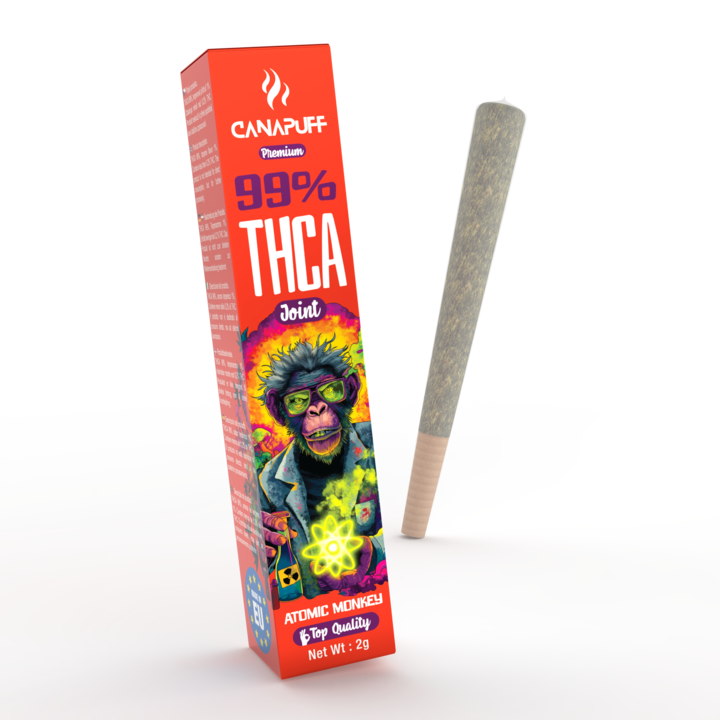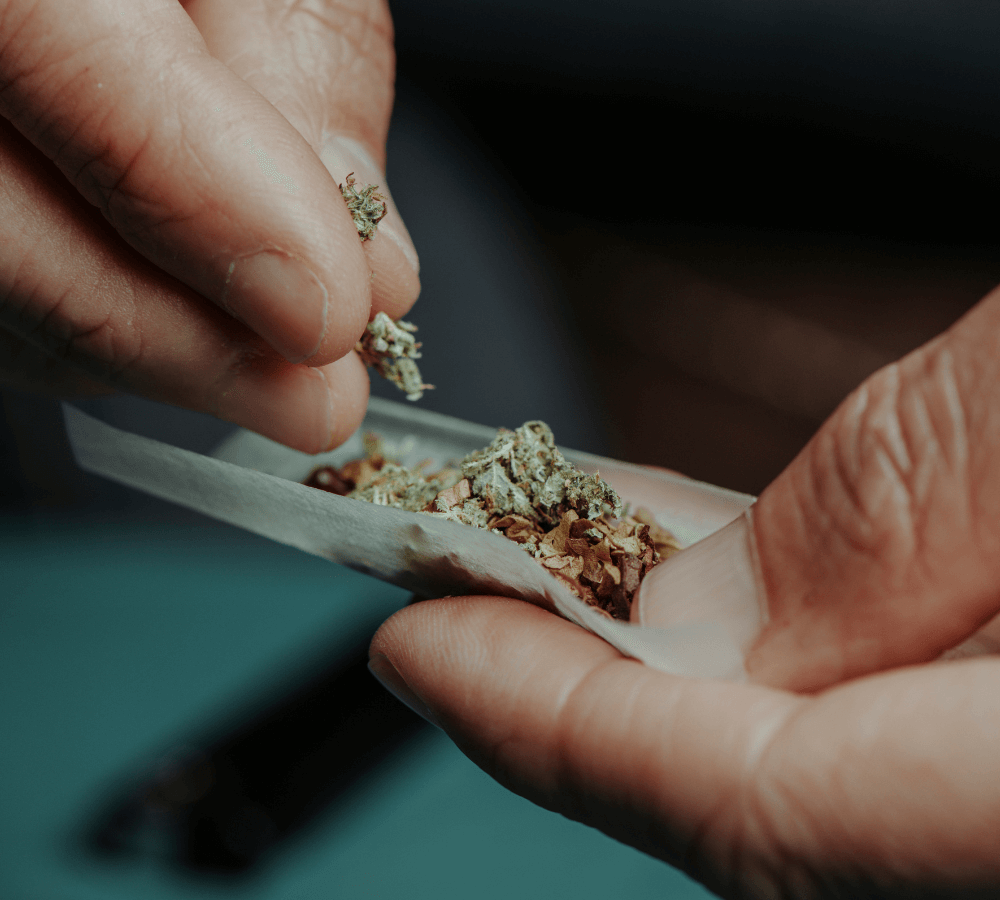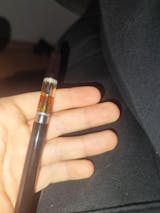How does THCA differ from THC?
Although THCA and THC are closely related, they have different effects. THCA is found in fresh cannabis and remains non-psychoactive until heated. When it undergoes decarboxylation, it converts into THC, the compound responsible for the high associated with cannabis. This difference is crucial for medical users who want the potential health benefits of cannabis without experiencing intoxication. While THC is popular for recreational use due to its euphoric effects, THCA is valued for its non-psychoactive therapeutic properties.
THCA Flower: What is it?
THCA flowers are special cannabis buds with a high THCA content. In their raw form, they are non-psychoactive. However, when smoked or vaped, the THCA is activated and converted into THC, leading to a powerful effect.
Benefits of THCA Flowers:
✔️ Versatile use – Can be consumed raw or heated.
✔️ High THCA content for intense effects after decarboxylation.
✔️ Perfect for those who prefer cannabis in its pure form.
THCA Isolate Powder
THCA isolate powder is a highly purified form of THCA, making it ideal for precise dosing. Since it contains almost pure THCA (up to 99%), it’s a great option for those looking to experience the potential benefits of THCA without additional plant compounds.
How Can You Use THCA Isolate Powder?
💊 Capsules & Edibles – Easily mixed into foods or supplements for controlled intake.
🥤 Smoothies & Drinks – A perfect way to consume THCA raw and non-psychoactive.
🧴 Topical & Skincare Products – May be infused into creams or balms for potential wellness benefits.
🔥 Dabbing & Vaping – When heated, THCA converts into THC, delivering a potent high.
💡 Tip: THCA isolate powder remains non-psychoactive unless exposed to heat. If you want the effects of THC, it must be decarboxylated first!


